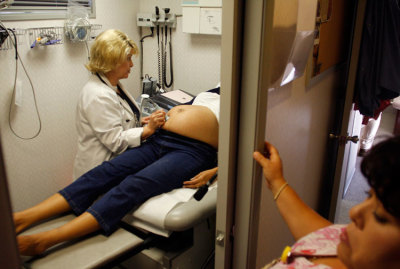4 Anti-Abortion Priorities for the New Congress

Pass the Pain-Capable Unborn Child Protection Act
As medical technology and discoveries continue to shine light on the activity of babies in the womb, one way pro-lifers hope to limit abortions is by preventing the abortion of humans at later stages of development.
The federal Pain-Capable Unborn Child Protection Act, which bars abortions after 20 weeks, did pass in the Republican-controlled Senate last September by a vote of 54-42, and included support from three Democrats. But the measure fell short of overcoming the 60-vote threshold necessary to surmount a Democratic filibuster.
The bill has the support of 64 percent of voters.
According to DoctorsOnFetalPain, the evidence is plentiful that fetuses at this stage of gestation can and do respond to pain.
One study the doctors cite notes that by 8 weeks following fertilization, "the unborn child reacts to touch."
"After 20 weeks, the unborn child reacts to stimuli that would be recognized as painful if applied to an adult human, for example by recoiling."




























